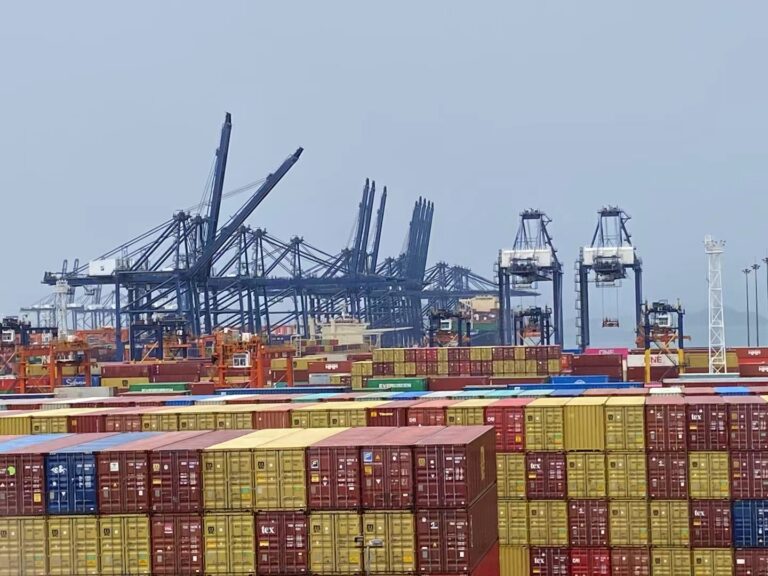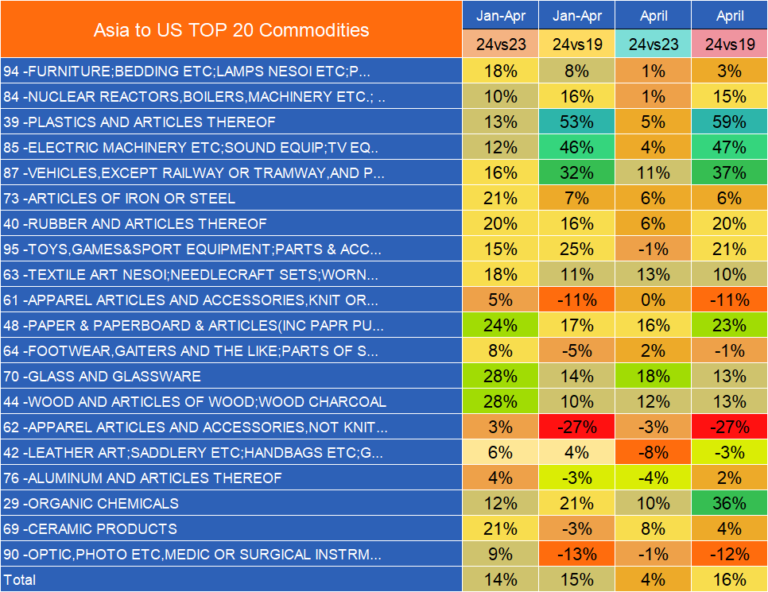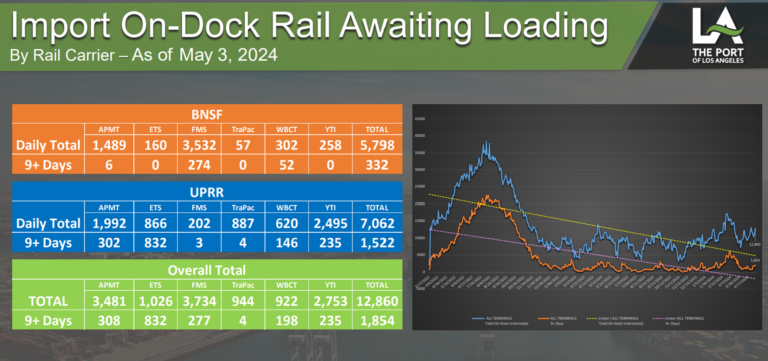Vancouver Port Faces Crisis: Canadian Railway Workers’ Strike May Cause Delivery Delays
Negotiations have reached a stalemate. On Wednesday, locomotive engineers, yard workers, and rail traffic controllers from the Canadian Railway Union (TCRC) voted overwhelmingly to support the strike. Over 9,000 Canadian railway workers could go on strike as early as May 22, significantly impacting the country’s two major railways—Canadian National Railway (CN) and Canadian Pacific Kansas City Railway (CPKC).

“Simultaneous strikes at CN and CPKC will severely disrupt the supply chain, potentially on a scale Canada has never experienced,” said TCRC union president Paul Boucher at a recent press conference in Ottawa.
The core issue of the strike is the work shifts and rest times. Workers are calling for more reasonable rest schedules to reduce fatigue and ensure job safety. According to the Railway Safety Act, there are clear minimum rest time requirements: 12 hours at local stations and 10 hours at remote locations, with at least 8 hours of uninterrupted rest. However, workers believe these regulations should be seen as the minimum standard, complementing the terms of the collective bargaining agreement rather than being the ultimate goal.
Another round of negotiations is scheduled for May 13. If no agreement is reached by May 22, Canada will face an unprecedented railway workers’ strike. The duration of the strike will depend on the negotiation outcomes, but it is expected to last about two weeks.
The strike’s impact will extend beyond Canadian National Railway (CN) and Canadian Pacific Kansas City Railway (CPKC), affecting key logistics hubs including Vancouver and Prince Rupert ports. For shipping terminals relying on these routes, the strike means trains may not be unloaded or transferred in a timely manner, leading to significant congestion and delays in subsequent cargo transfers and deliveries.

This year, Vancouver port terminals and railways have already experienced various degrees of congestion. Statistics show that in March, the container throughput at Vancouver port increased by 10% compared to February and surged by 51.7% compared to the same period last year. According to the latest data released by the Vancouver Fraser Port Authority on April 4, the average container dwell time at Centerm terminal has exceeded 7 days, while the dwell times at Vanterm and Deltaport terminals have also remained high, between 5 to 7 days.
If the strike occurs, it will further exacerbate congestion at the port, leading to cargo backlogs and delays in pickups at terminals and train stations. Additionally, the strike will negatively impact rail freight, potentially extending transfer times and introducing uncertainty to overall logistics operations.
Given the current tense situation, sellers are advised to prepare adequately in advance, including adjusting shipping plans and transportation routes.





